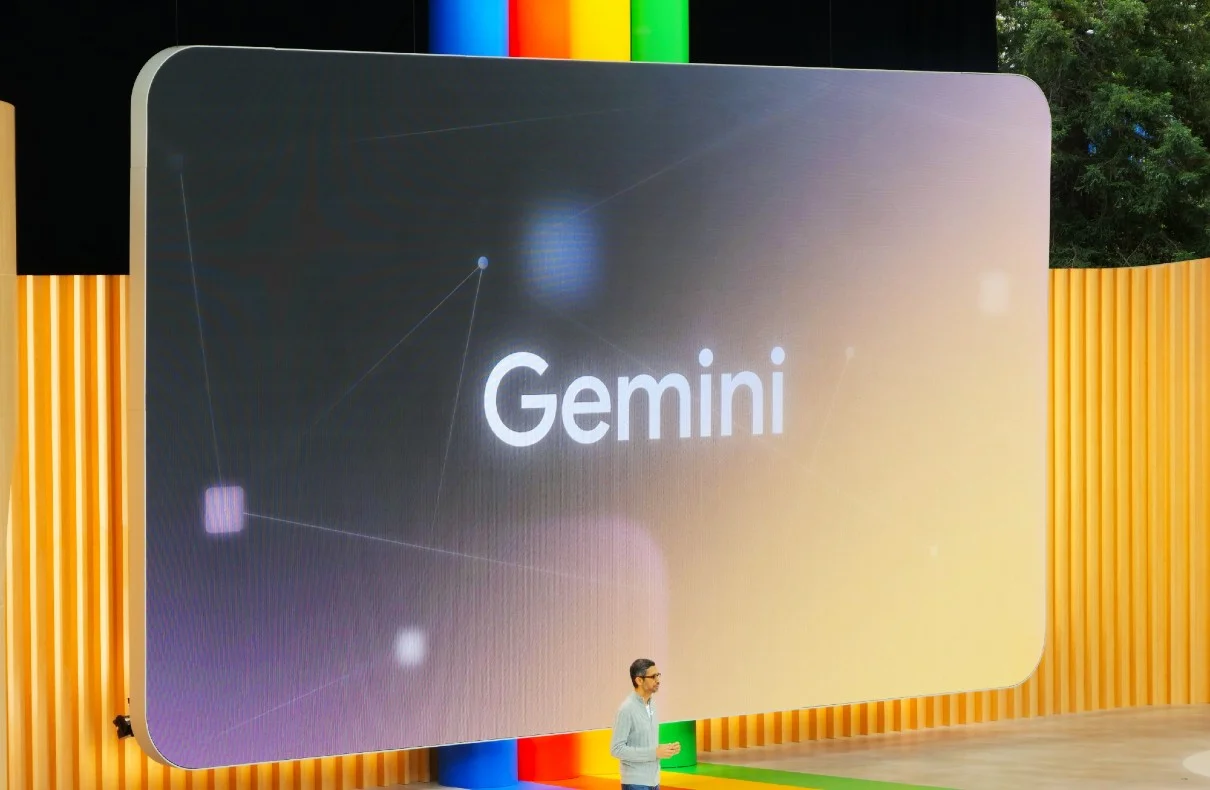
In the world of technology and innovation, Google (now Alphabet) has always been at the forefront. With its continuous focus on artificial intelligence (AI) and the development of cutting-edge technologies, Google has remained a key player in the industry. However, recent events surrounding its Gemini AI system have raised concerns and impacted the performance of Google’s stock.
Google’s Gemini AI system has been a significant focus for the company, as it aims to leverage AI capabilities in various domains. However, recent challenges have arisen that have affected Gemini’s reputation and raised concerns among investors. One of the major issues encountered by Gemini was related to the generation of human imagery. Users of the chatbot technology were able to produce images that depicted historical figures, including Black Founding Fathers, with inaccuracies and inappropriate representations. Google promptly addressed the issue by suspending the ability to generate human images, acknowledging the need for improvements in historical depictions.
The Enigmatic Elon Musk and the OpenAI Controversy Over Contract Breach
The field of generative AI has become a battleground for technology giants like Google, Microsoft, Meta Platforms (formerly Facebook), and others. These companies are vying to develop the best training models for AI systems that can generate text, images, sounds, and videos. Large language models (LLMs) play a crucial role in this domain as they enable users to interact with AI systems without the need for complex algorithms. Google’s Gemini and OpenAI’s ChatGPT are two prominent players in the generative AI space, each with its own strengths and weaknesses.
To understand the significance of Gemini and its competition with OpenAI, it’s essential to grasp the workings of AI training models. These models process prompts or queries that describe what a user wants to obtain. Large language models are composed of neural networks that imitate the human brain and generate outputs based on the training data they receive. The effectiveness and capabilities of these models are determined by the size of the data sets used to train them. The more extensive the training data, the more powerful the AI system becomes. However, misfires and inaccuracies can occur, underscoring the need for continuous improvement and refinement.
Competition in the AI space has fueled Google’s drive to accelerate the release of commercial AI products. In December, Google introduced its Gemini AI training model, which was followed by an improved version, Gemini 1.5, in February. Despite setbacks, Google has gained traction in various areas. One notable success is the launch of Performance Max advertising tools powered by Gemini. These tools automate buying across multiple platforms, including YouTube, internet search, display, Gmail, and maps. Additionally, Google aims to monetize subscription-based Gemini products, such as the upcoming “AI Premium” version of Google One office productivity tools.
While Google strives to establish its dominance in AI, OpenAI, with significant investment from Microsoft, poses a formidable challenge. OpenAI has been developing its own web search product that could directly compete with Google. Moreover, OpenAI recently unveiled technology that leverages AI to generate high-quality videos from text descriptions. These advancements highlight the intense competition between Google and OpenAI and their respective efforts to push the boundaries of AI innovation.
The recent challenges faced by Google’s Gemini AI system have not gone unnoticed by investors. Google’s stock, traded under the ticker symbol GOOGL, fell below the key 50-day moving average on Monday, leading to concerns about its performance. However, analysts believe that the sell-off was excessive, considering the massive opportunity that Google has in the AI domain. Wedbush analyst Daniel Ives emphasized that Google is one of the core winners in the AI revolution and that the market is not fully recognizing its potential. Despite the short-term setbacks, Google’s long-term prospects remain promising.
OpenAI Unveils Sora: The Next Leap in Text-to-Video AI
To gauge market sentiment, it is crucial to analyze indicators such as institutional ownership and the relative strength line (RSL). Google’s RSL has weakened since its fourth-quarter earnings report, signaling a potential decline in market confidence. Additionally, the Accumulation/Distribution Rating for GOOGL stock currently stands at D, suggesting a decrease in institutional ownership. These factors indicate the need for Google to address the concerns surrounding Gemini and reinforce investor confidence in its AI endeavors.
As Google navigates the challenges faced by Gemini, the company continues to innovate and expand its AI offerings. The development of AI Premium and the monetization of subscription-based products demonstrate Google’s commitment to leveraging AI for commercial success. However, the competition from OpenAI and other tech giants remains fierce. Google must maintain its focus on refining and enhancing Gemini while addressing the concerns raised by recent incidents. By doing so, Google can solidify its position as a leader in the AI revolution and regain market confidence.
